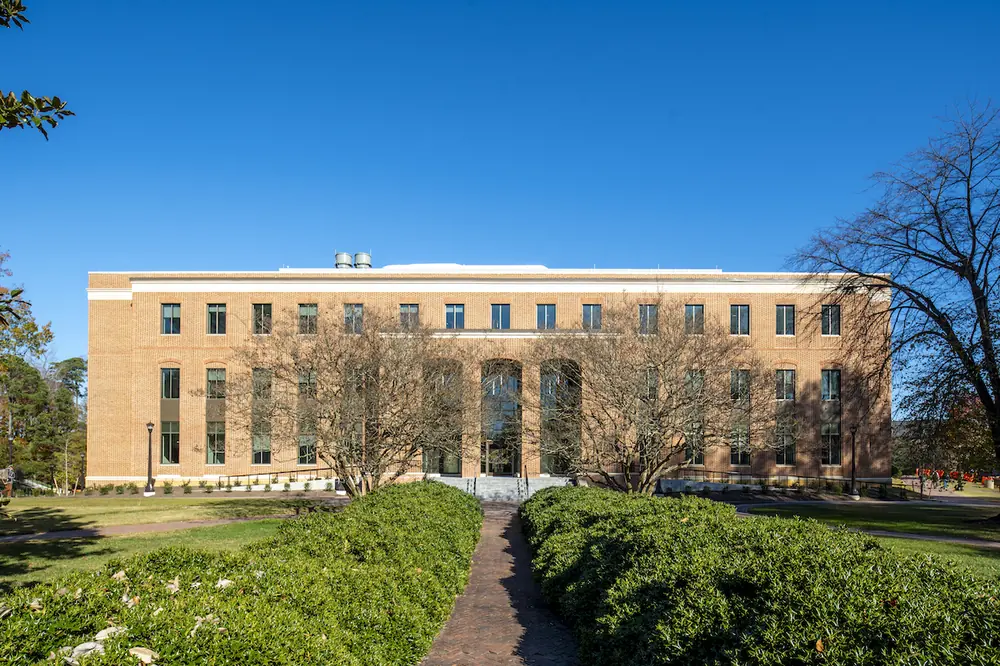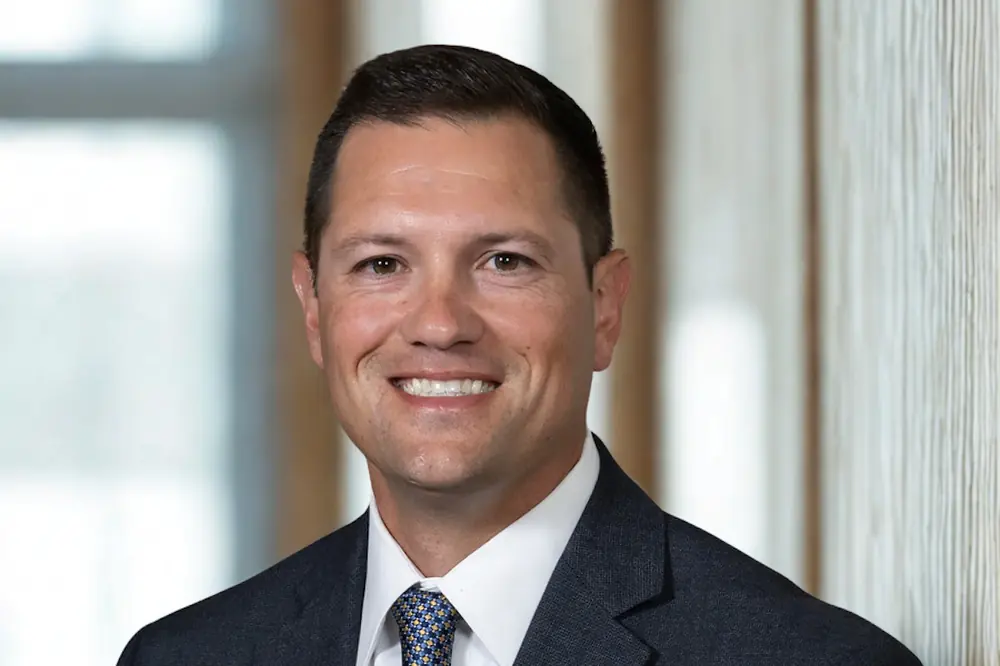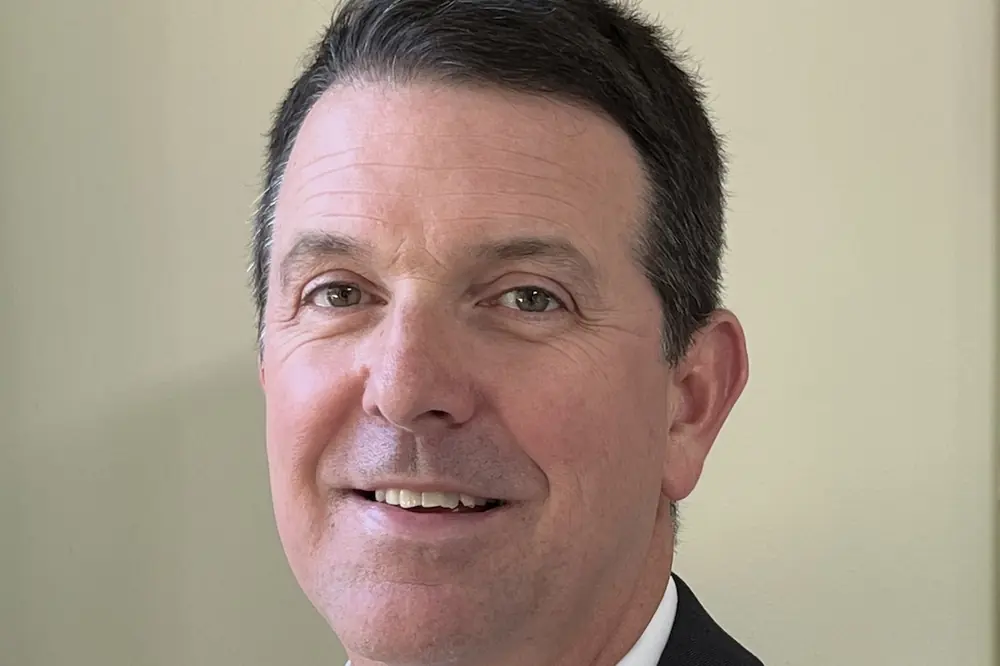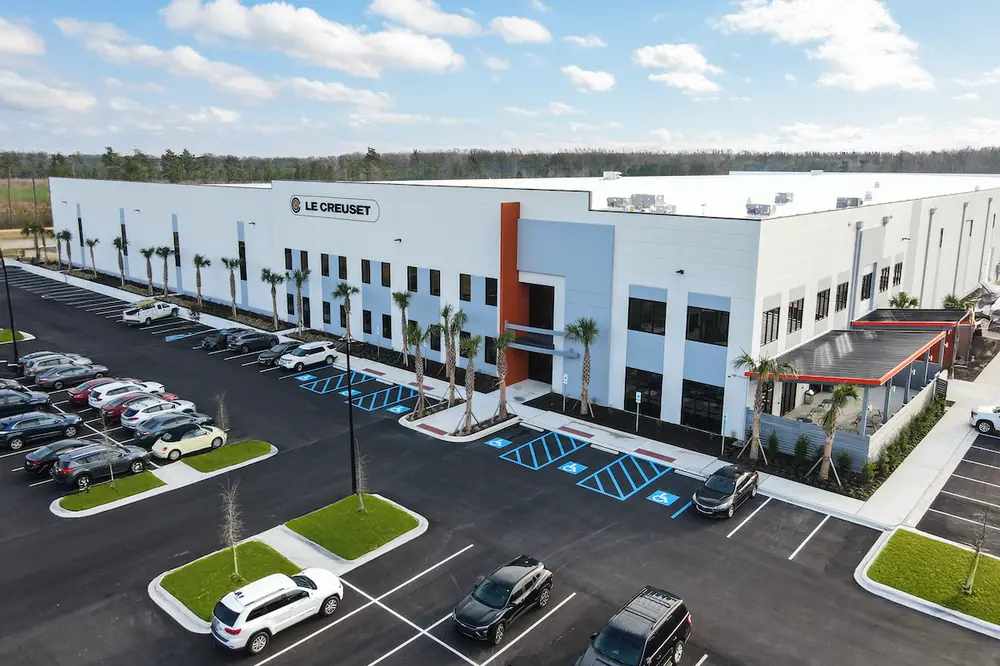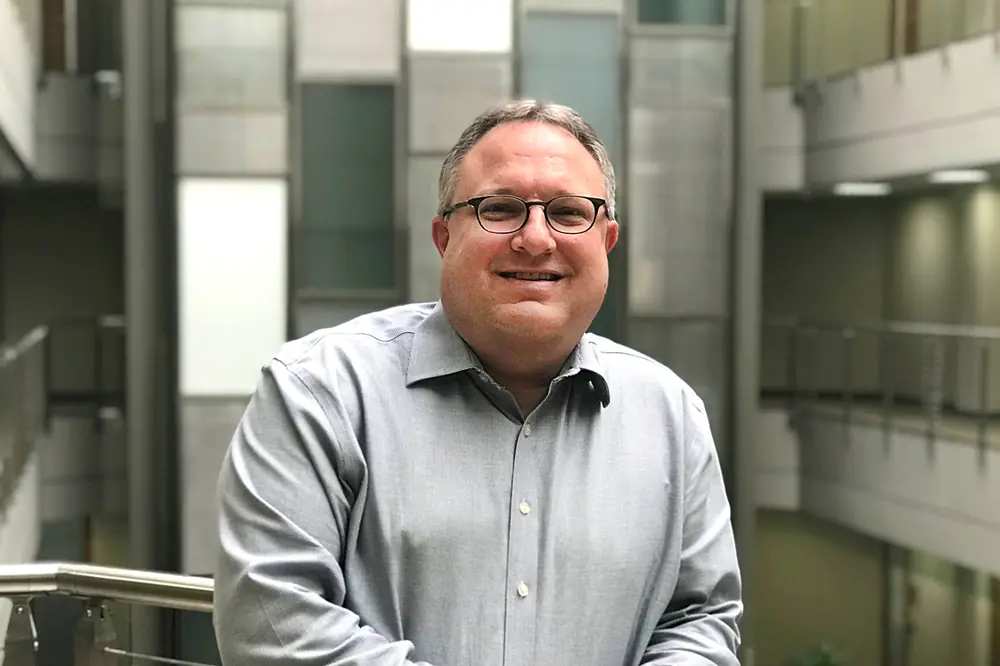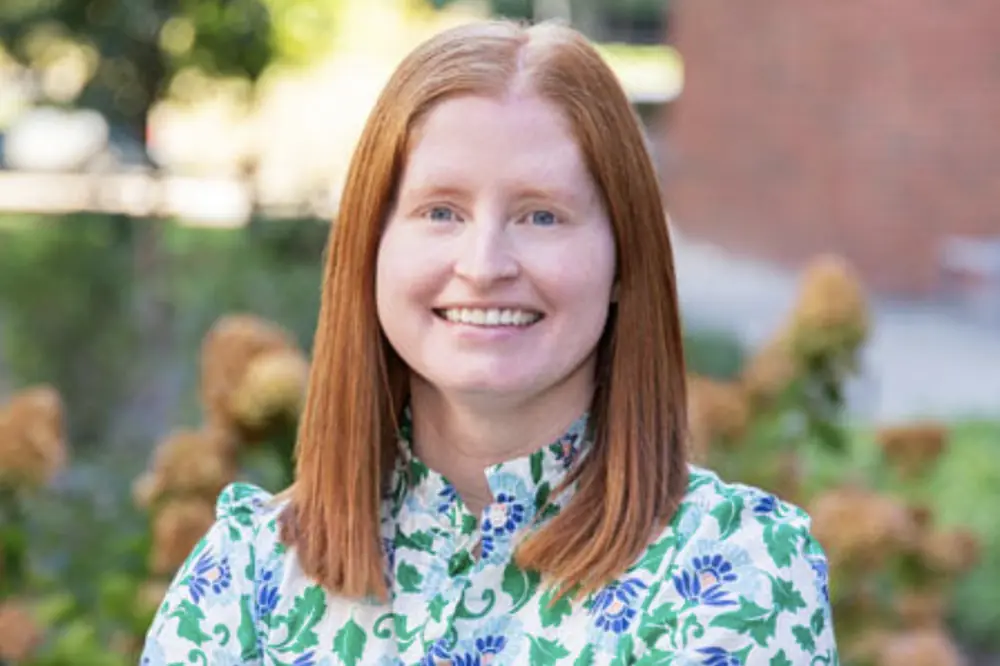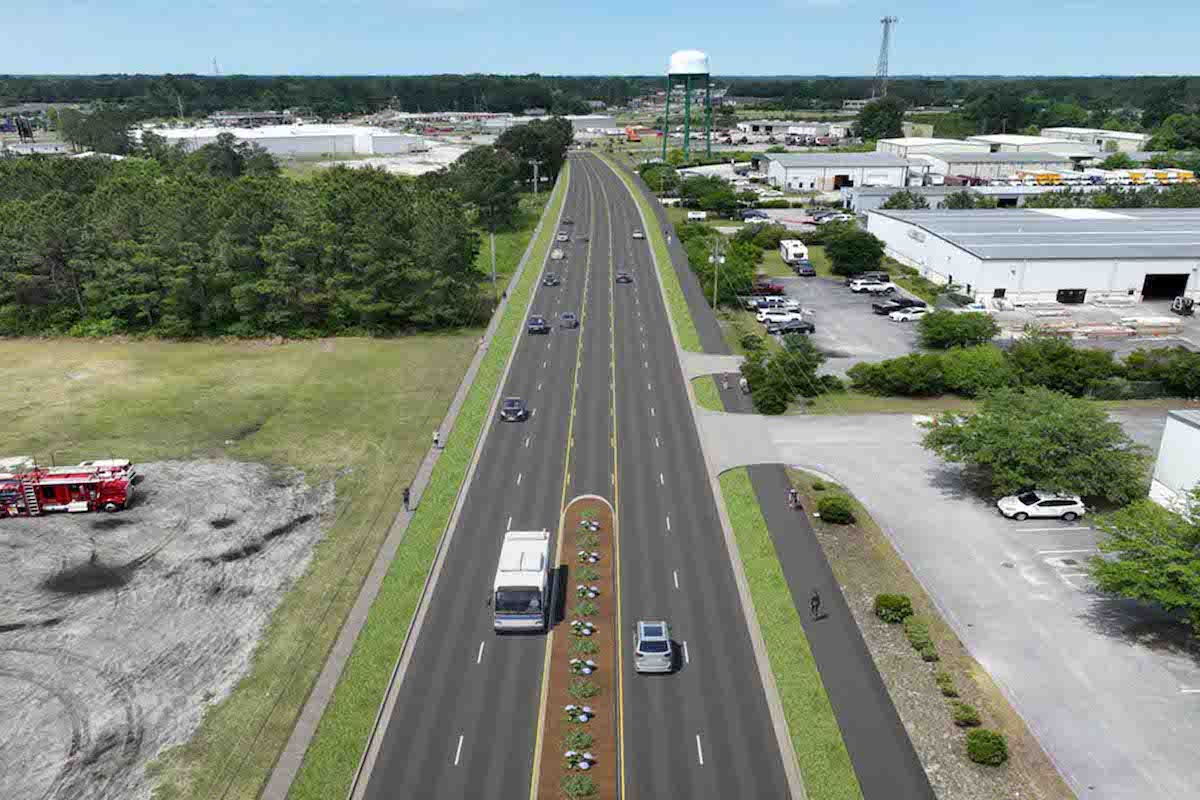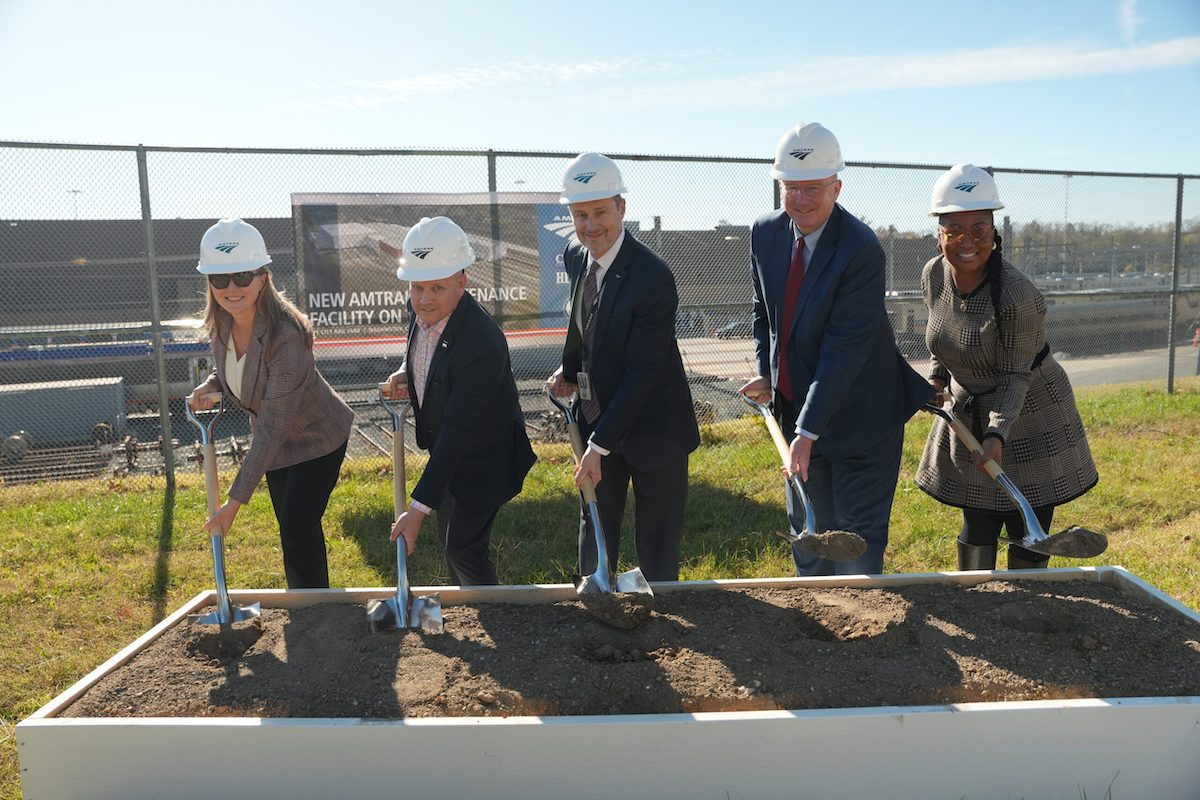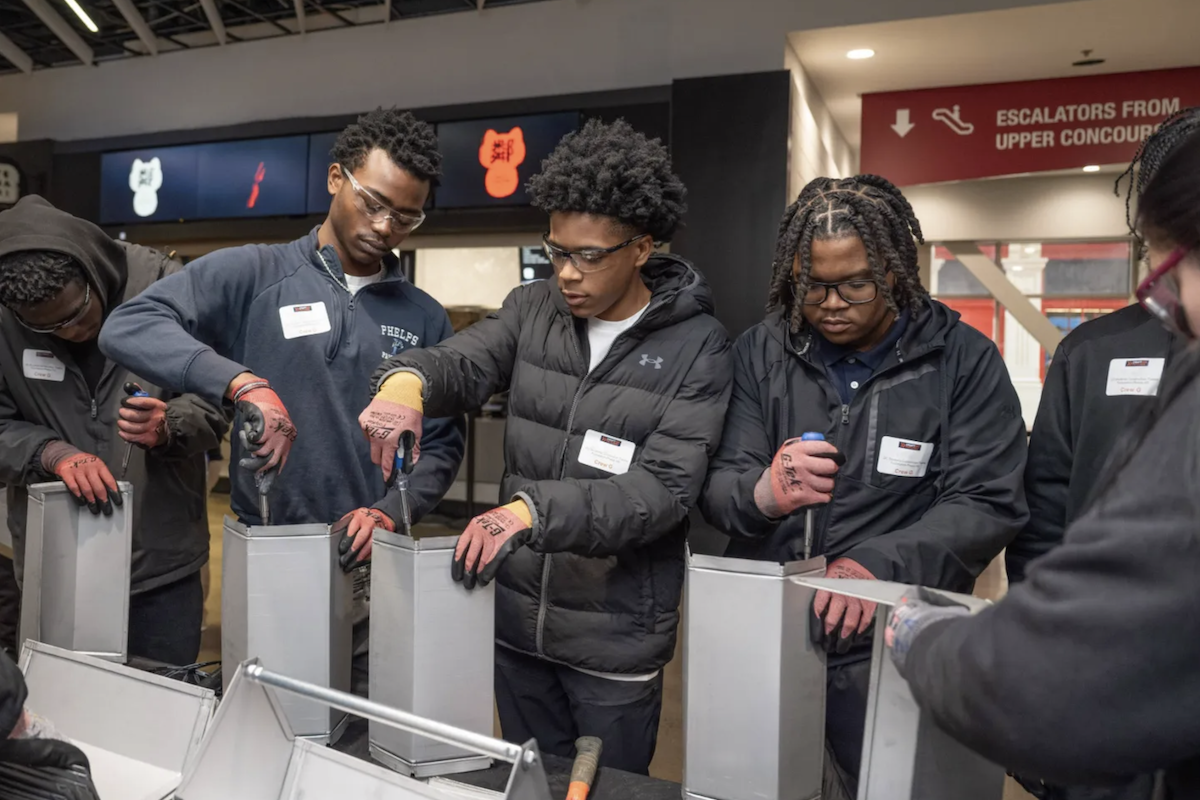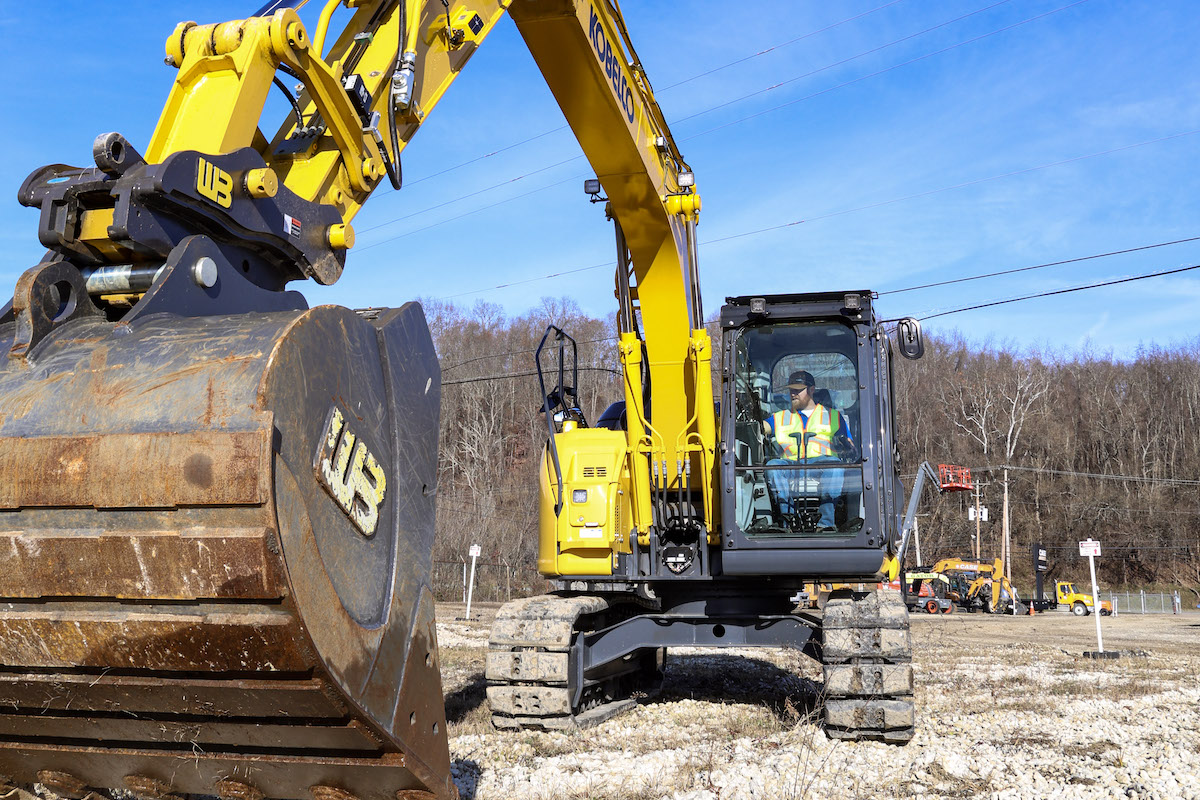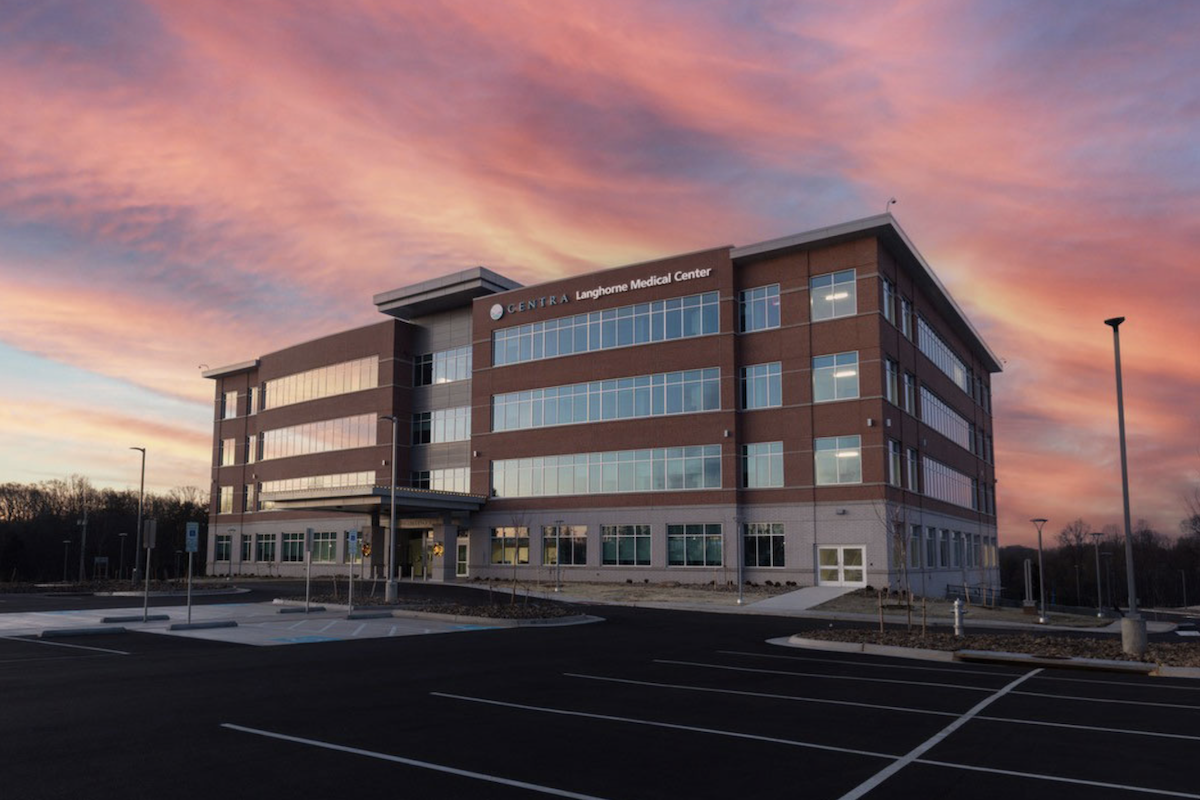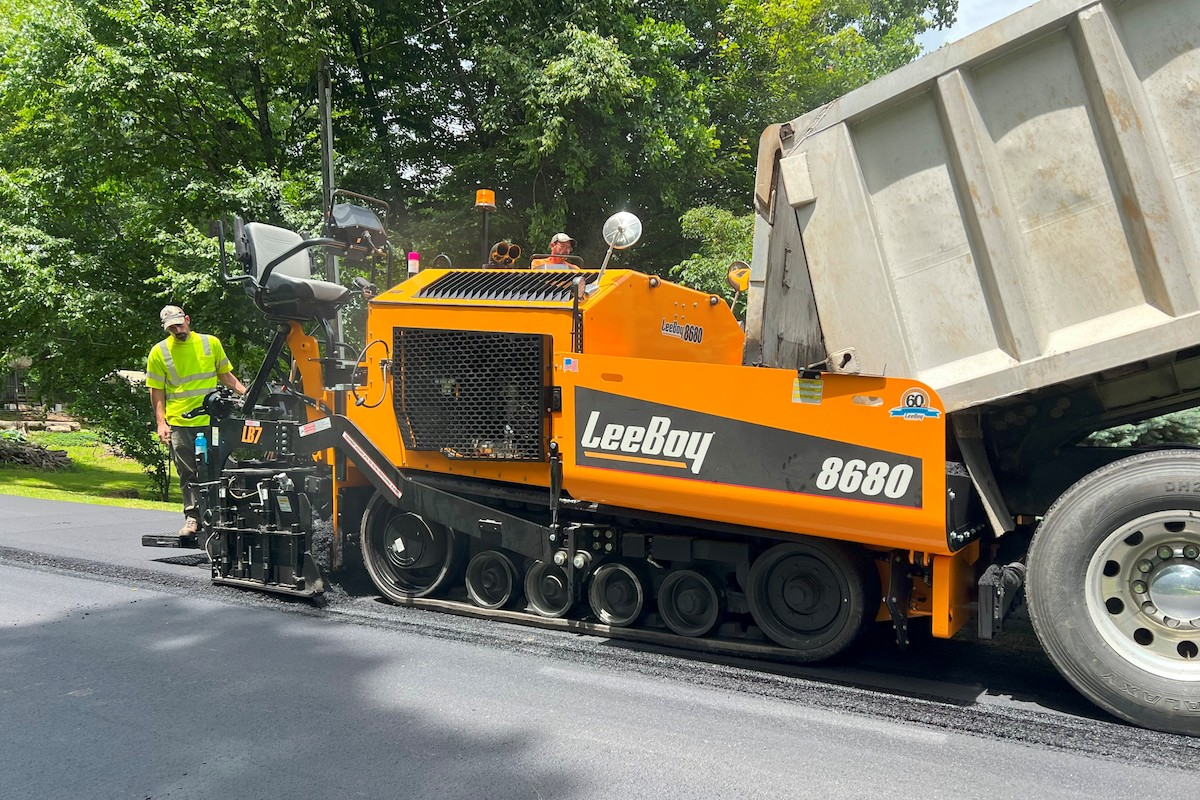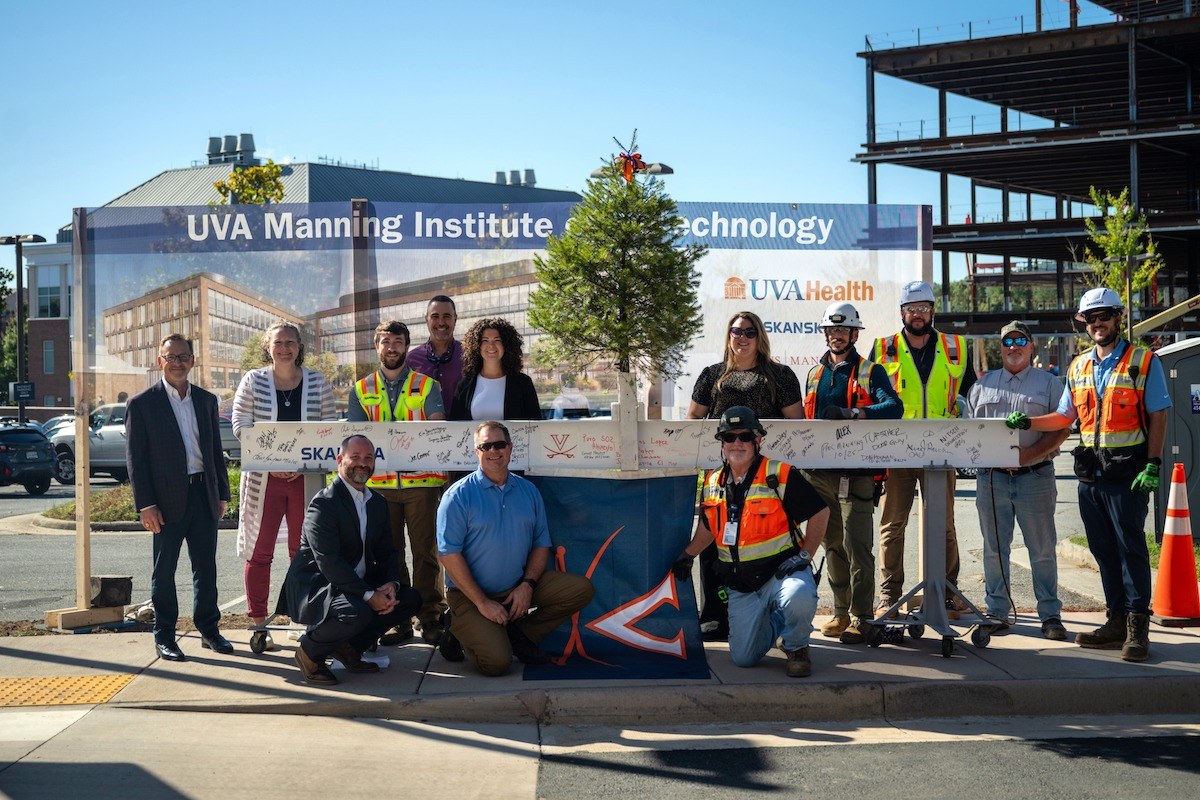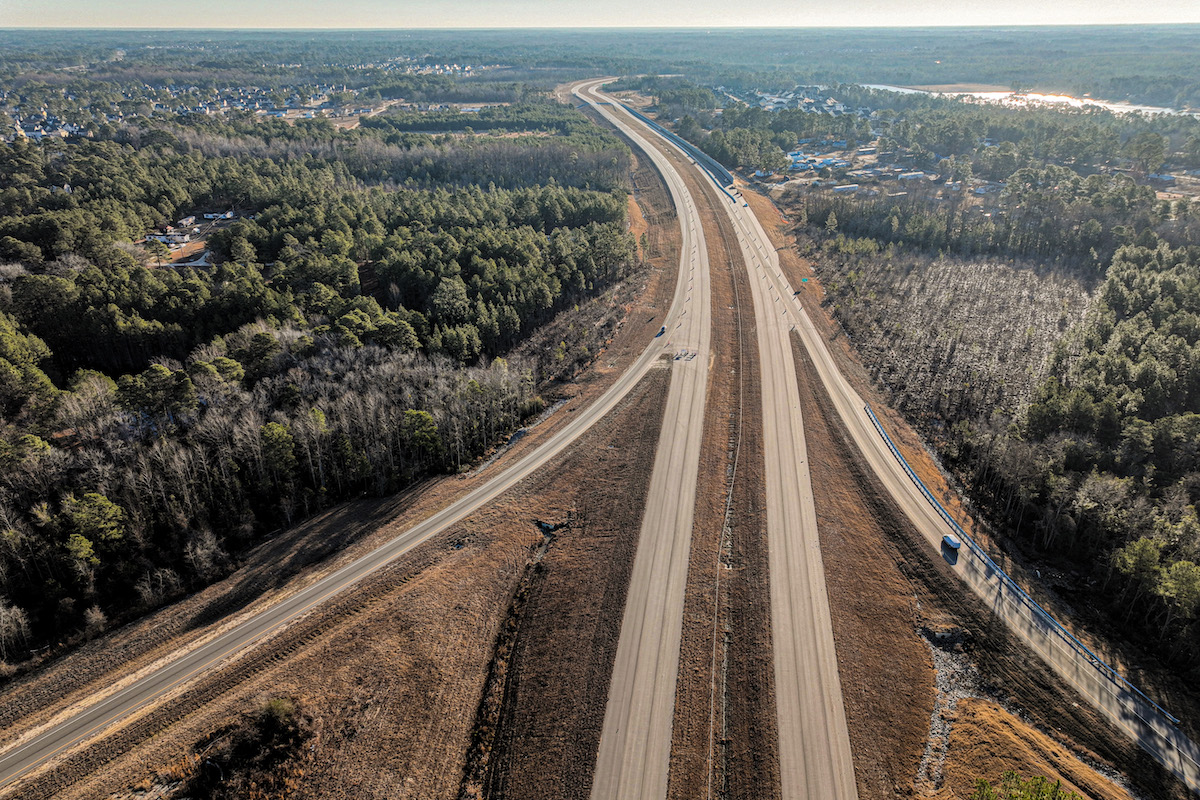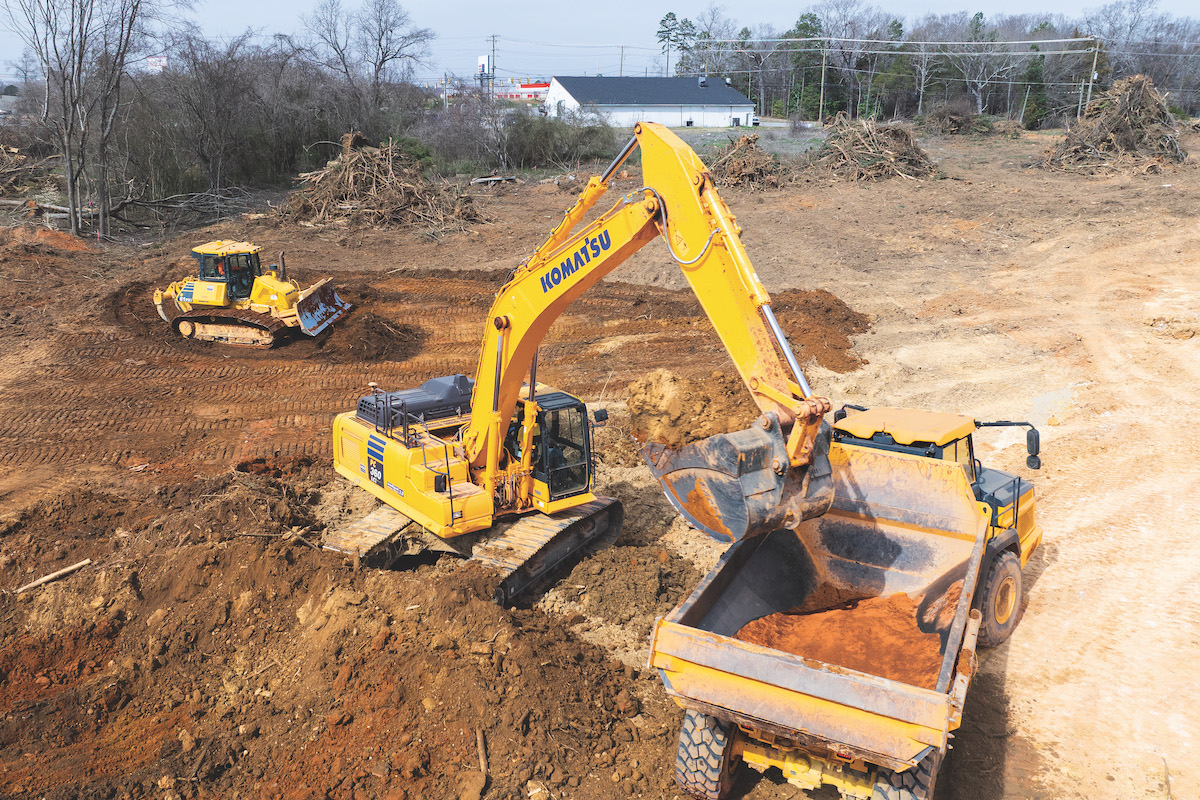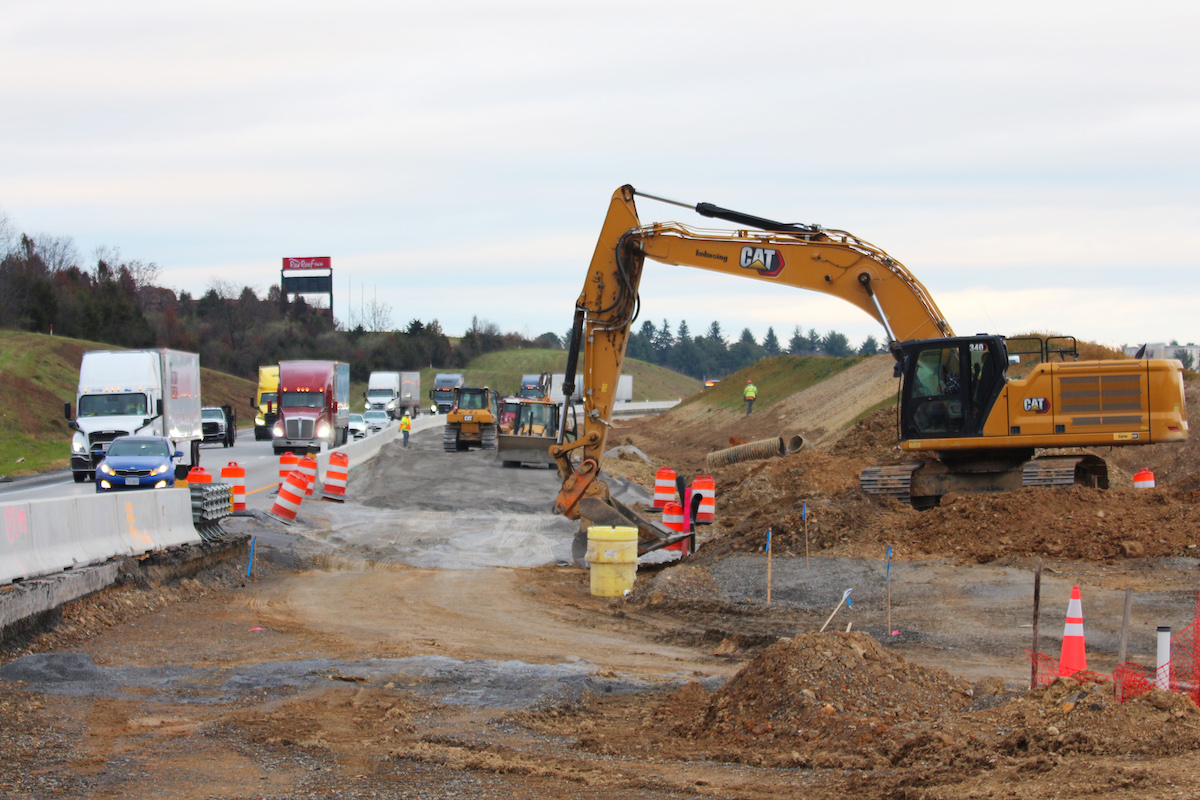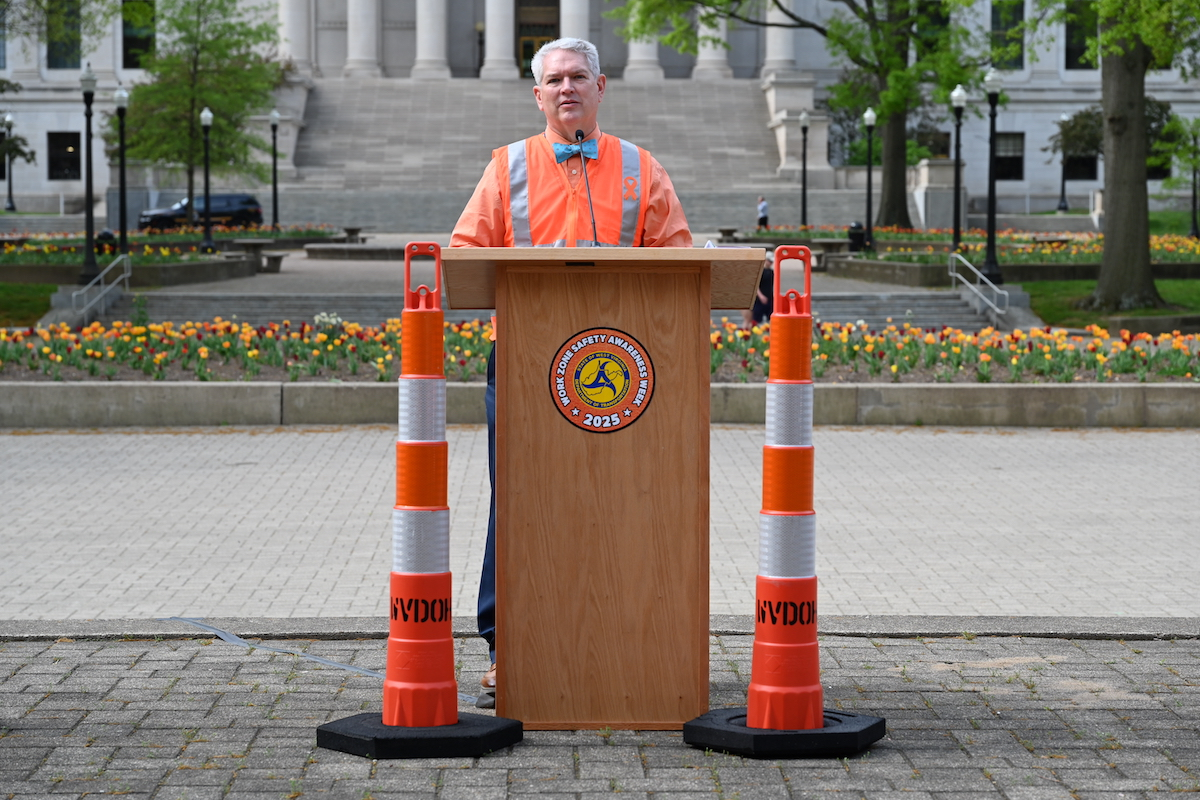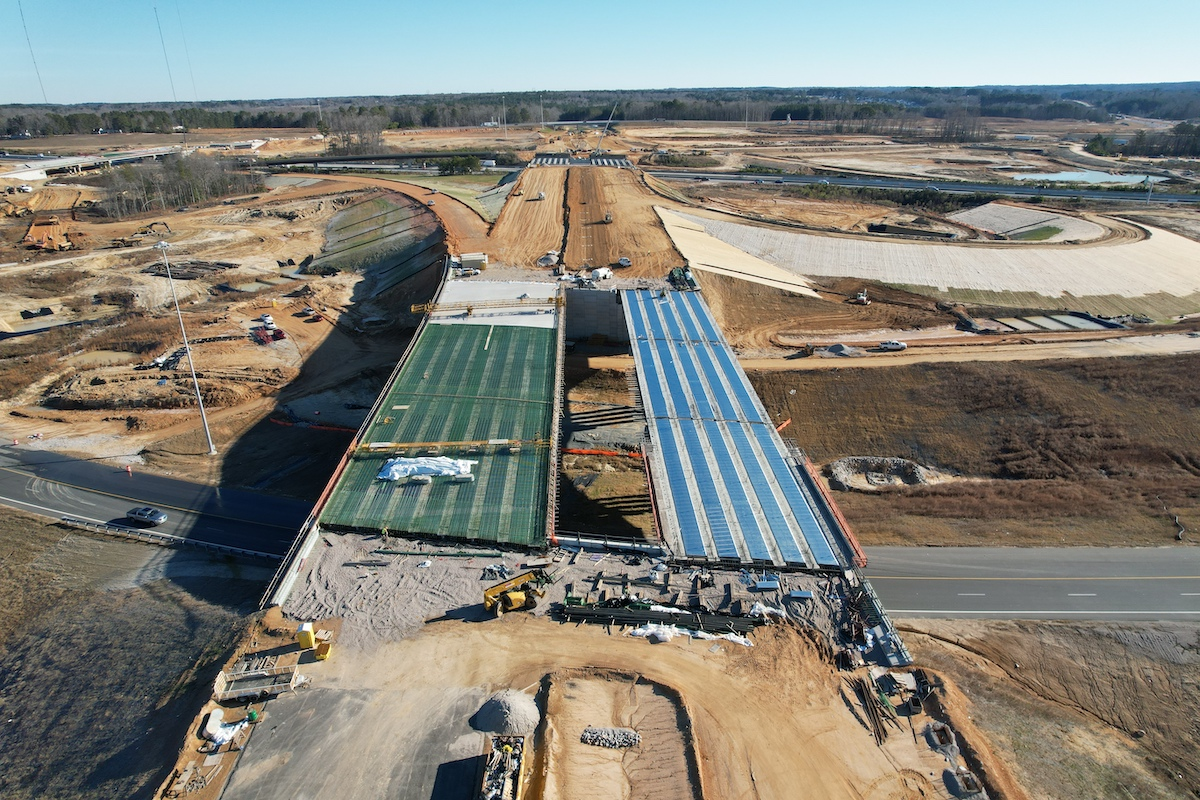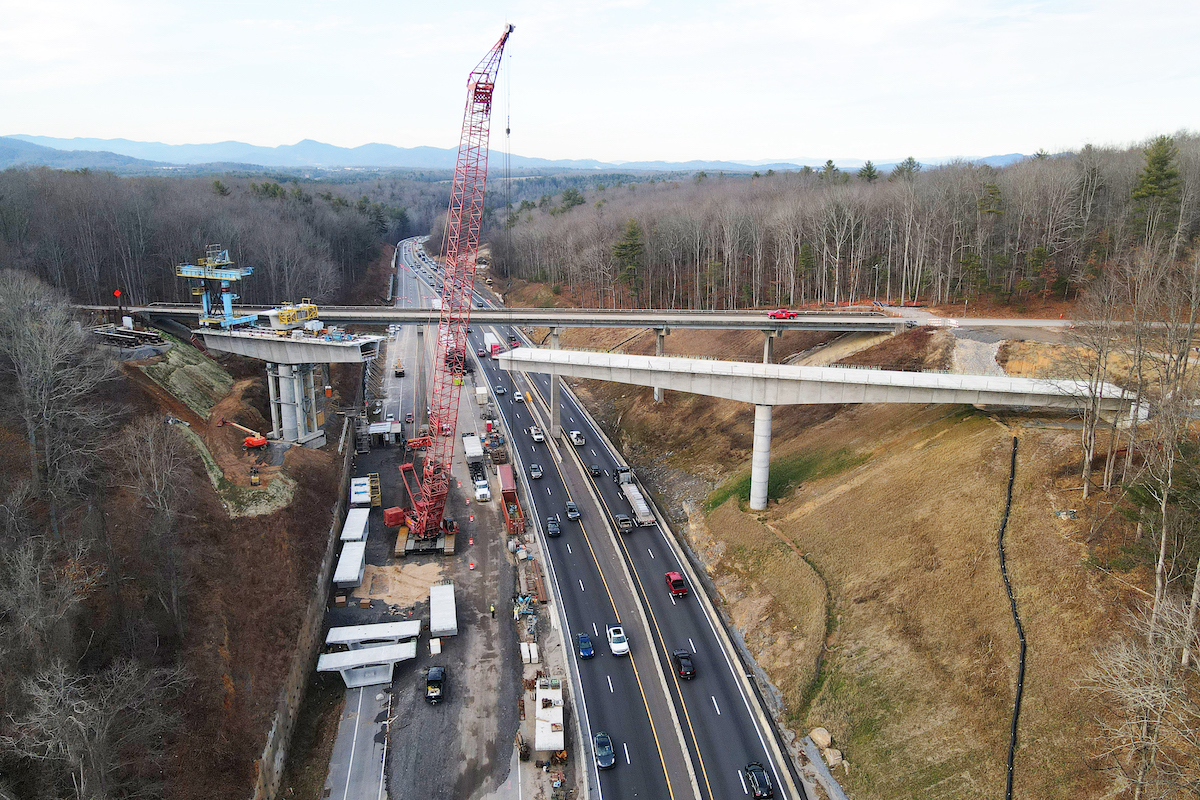Congressman Jim Clyburn and Charleston Mayor William S. Cogswell Jr., along with executives from the American Council of Engineering Companies (ACEC), the American Public Works Association (APWA), and the American Society of Civil Engineers (ASCE) participated.
“Programs like this one require leaders with vision — people who can see off into the future,” Clyburn said. To meet the challenges of climate change, Clyburn said, “we must be visionary leaders.”
"Charleston stands at the forefront nationwide in executing infrastructure projects that not only bolster our city's resiliency but also safeguard our precious natural surroundings,” Cogswell said. “It's wonderful to see our dedicated city staff and external partners receive recognition for their innovative engineering and visionary contributions to our city.”
The event, which took place along the newly constructed battery wall section between King Street and Battery Place along Murray Boulevard, marked the latest stop of the Engineering and Public Works Roadshow — a joint effort by ACEC, APWA, and ASCE.

| Your local Bomag Americas dealer |
|---|
| Linder Industrial Machinery |
| Linder Industrial Machinery |
The battery project underscores the importance of innovative engineering solutions in addressing the challenges of climate change and rising sea levels. The event was also a chance to spotlight the engineering, construction, and public officials involved in the project.
“When this project started more than four years ago, it was one of the city’s first to address a problem that everyone in the Lowcountry understands directly — our climate is changing, producing stronger storms, higher tides, and more destructive, unpredictable weather patterns,” said Jay Wolverton, Board Chair with ACEC. “Tropical Storm Idalia, which breached the Battery last year, was not an anomaly. It is our new normal. We need to design our infrastructure not only for today but into the future to mitigate risk and ensure the safety of our neighbors.”
“For APWA, leveraging innovation and research to mitigate negative impacts from climate change is paramount to protecting the nation’s critical infrastructure,” said Ryan Petersen, APWA South Carolina Chapter President. “It’s why our South Carolina chapter is happy to ... show people exactly what this project is doing for Charleston, and what it could do for other coastal communities.”
“ASCE and its 160,000 members has directed much of its efforts towards improving the resilience of communities nationwide,” said Jonathan Ard, PE, ASCE South Carolina Eastern Branch Director. “We have recently updated our building codes and standards to account for increasingly severe weather, knowing that projects which promote resilience will protect residents and allow economies to thrive. Every project we can add that is similar to the Low Battery restoration will improve the lives of all South Carolinians.”
















